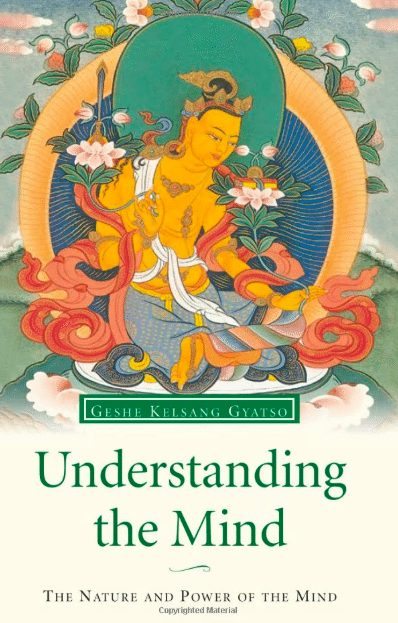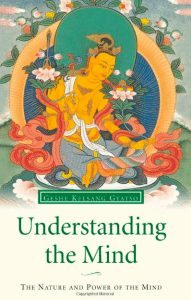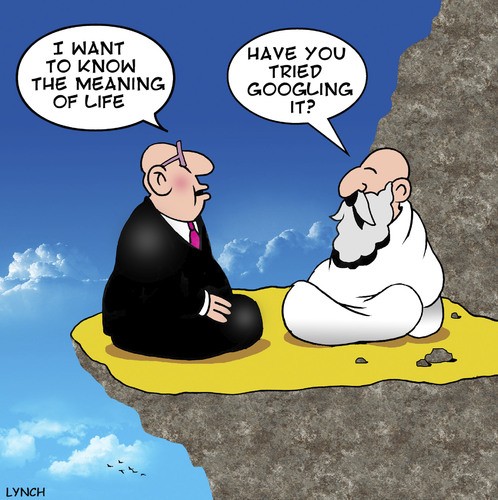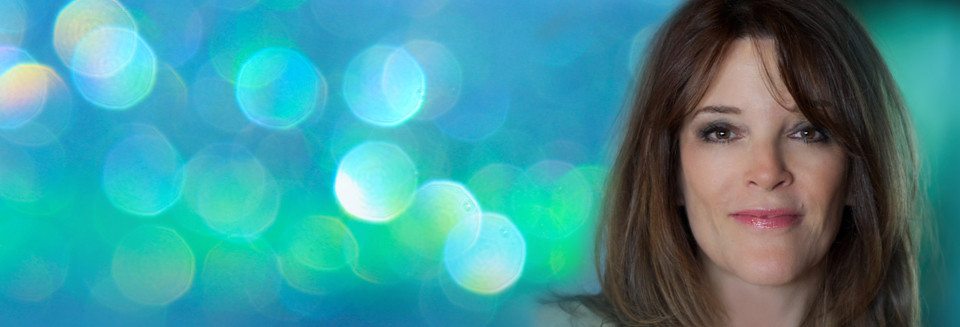Another perspective.
WHAT IS MIND?
Some people think that the mind is the brain or some other part or function of the body, but this is incorrect. The brain is a physical object that can be seen with the eyes and that can be photographed or operated on in surgery.
The mind, on the other hand, is not a physical object. It cannot be seen with the eyes, nor can it be photographed or repaired by surgery. The brain, therefore, is not the mind but simply part of the body.
There is nothing within the body that can be identified as being our mind because our body and mind are different entities. For example, sometimes when our body is relaxed and immobile, our mind can be very busy, darting from one object to another. This indicates that our body and mind are not the same entity.
In Buddhist scriptures, our body is compared to a guest house and our mind to a guest dwelling within it. When we die, our mind leaves our body and goes to the next life, just like a guest leaving a guest house and going somewhere else.
If the mind is not the brain, nor any other part of the body, what is it? It is a formless continuum that functions to perceive and understand objects. Because the mind is formless, or non-physical, by nature, it is not obstructed by physical objects.
It is very important to be able to distinguish disturbed states of mind from peaceful states. As explained in the previous chapter, states of mind that disturb our inner peace, such as anger, jealousy, and desirous attachment, are called ‘delusions’; and these are the principal causes of all our suffering.
We may think that our suffering is caused by other people, by poor material conditions, or by society, but in reality it all comes from our own deluded states of mind. The essence of spiritual practice is to reduce and eventually to eradicate altogether our delusions, and to replace them with permanent inner peace. This is the real meaning of our human life.
The essential point of understanding the mind is that liberation from suffering cannot be found outside the mind. Permanent liberation can be found only by purifying the mind. Therefore, if we want to become free from problems and attain lasting peace and happiness we need to increase our knowledge and understanding of the mind. ~
For a deeper understanding of the nature and functions of the mind, see the book, Understanding the Mind. This comprehensive explanation, based on Buddha’s teachings and the experiences of accomplished meditators, offers a deep insight into the nature and functions of the mind. The first part describes different types of mind in detail, revealing the depth and profundity of Buddhist understanding of human psychology, and how this can be used to improve our lives. The second part is a practical guide to devbeloping and maintaining a light, positive mind–showing how to recognize and abandon states of mind that harm us, and to replace them with peaceful and beneficial ones. The inspiring discovery we make from this is that we can attain a lasting state of joy, independent of external conditions.
I Invite you to “Like” us and “follow us” on Facebook, and join the conversation in our Facebook Group.








